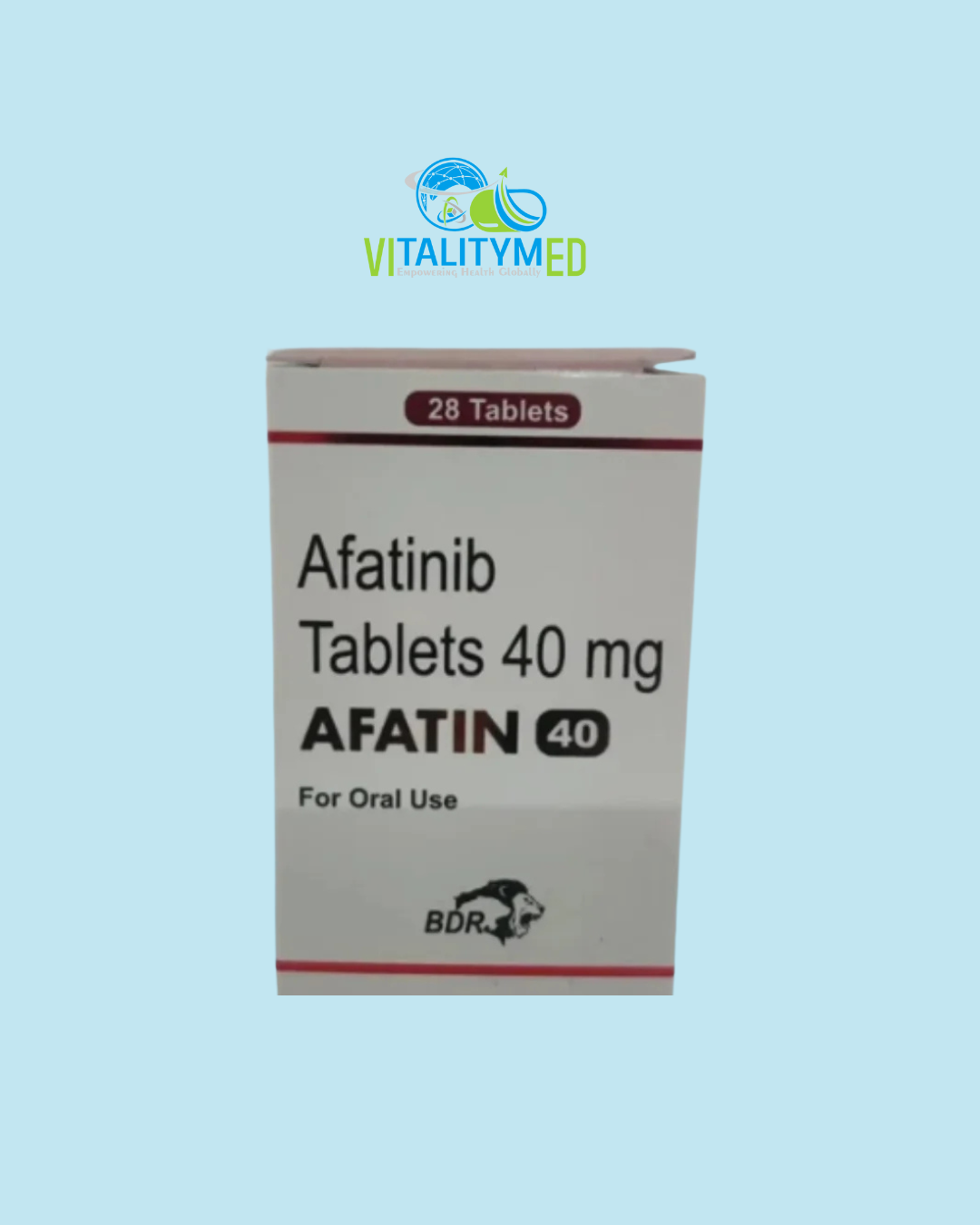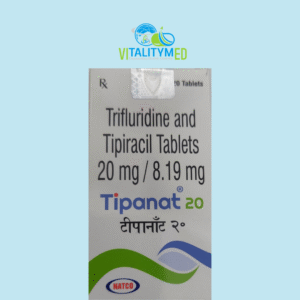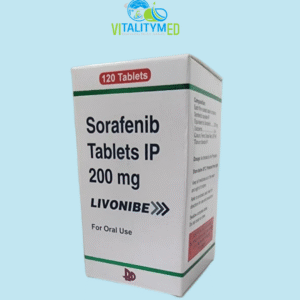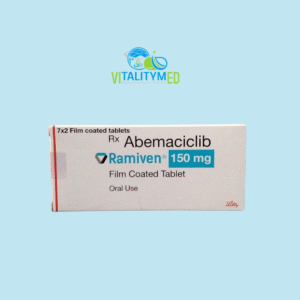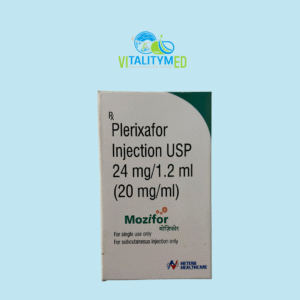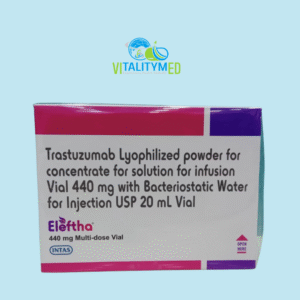Afatin contains afatinib, a targeted therapy medicine used primarily to treat certain types of non-small cell lung cancer. It is an oral medication that belongs to a group of cancer treatments known as tyrosine kinase inhibitors. Afatinib is usually prescribed when specific genetic mutations are present in the cancer cells, making it a personalised and focused treatment option.
Mechanism of Action
Afatinib works by irreversibly blocking the activity of specific proteins called epidermal growth factor receptors. These receptors, when mutated, can cause cancer cells to grow and divide uncontrollably. By binding to and inhibiting these receptors, afatinib helps stop the cancer cells from multiplying and may even lead to their death. Its irreversible binding makes it different from some other similar drugs, offering prolonged inhibition.
Uses
Afatin is mainly used to treat non-small cell lung cancer in patients whose tumours have specific mutations in the EGFR gene. It is typically prescribed as a first-line treatment for people who have not received previous EGFR-targeted therapies. It can help delay the progression of the disease, improve symptoms, and in some cases extend survival.
Adverse Effects
Like most cancer treatments, afatinib can cause side effects. Common ones include diarrhoea, skin rashes, mouth sores, and nail infections. Some patients may also experience loss of appetite or fatigue. In rare cases, afatinib may affect liver or lung function, so regular blood tests and monitoring are important during treatment. Managing side effects early can help patients stay on therapy and maintain quality of life.

